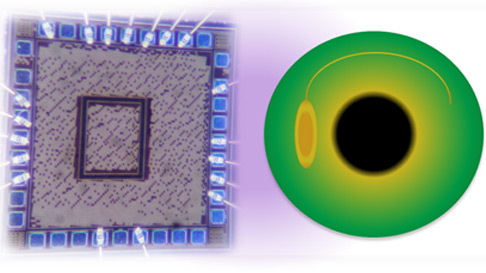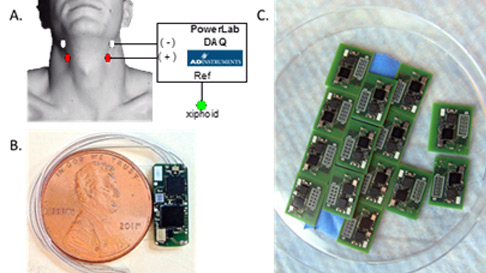Center for Implantable Devices continues legacy of founding faculty
Established in 2010, the Center for Implantable Devices (CID) established at Purdue University strives to continue this legacy of our founding faculty who focused on the translation of their applied research for real clinical impact. Over the past several years, CID emerged as the new powerhouse in bioinstrumentation with substantial extramural support from NIH, DARPA, Cook, Samsung, and others. With a renewed institutional commitment to excellence in biomedical instrumentation research at Purdue BME, we are expanding our capability with the focused hiring of a senior faculty in bioinstrumentation. We are uniquely positioned with a network of stellar clinical collaborators at Indiana University School of Medicine, Goodman Campbell Brain and Spine, and the Purdue University College of Veterinary Medicine. With ongoing research on clinical-needs driven projects including closed-loop peripheral neuromodulation, smart catheter for intraventricular hemorrhage and hydrocephalus, stretchable epicardial sensors for cardiac electrophysiology, automatic drug delivery system for opioid overdose, and many others, CID at Purdue BME is well-poised to reach the pinnacle of excellence at clinical scale for the future of biomedicine.


